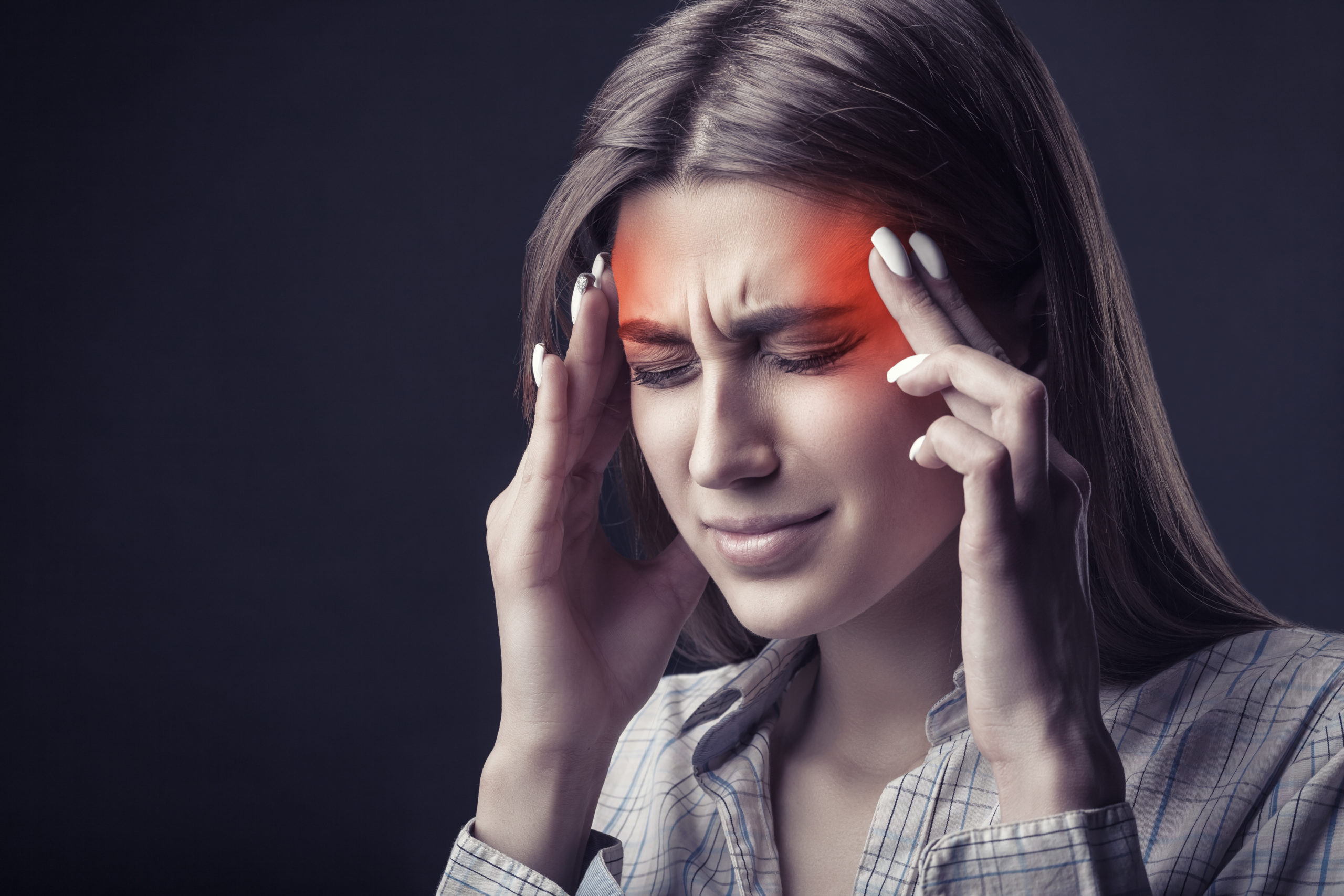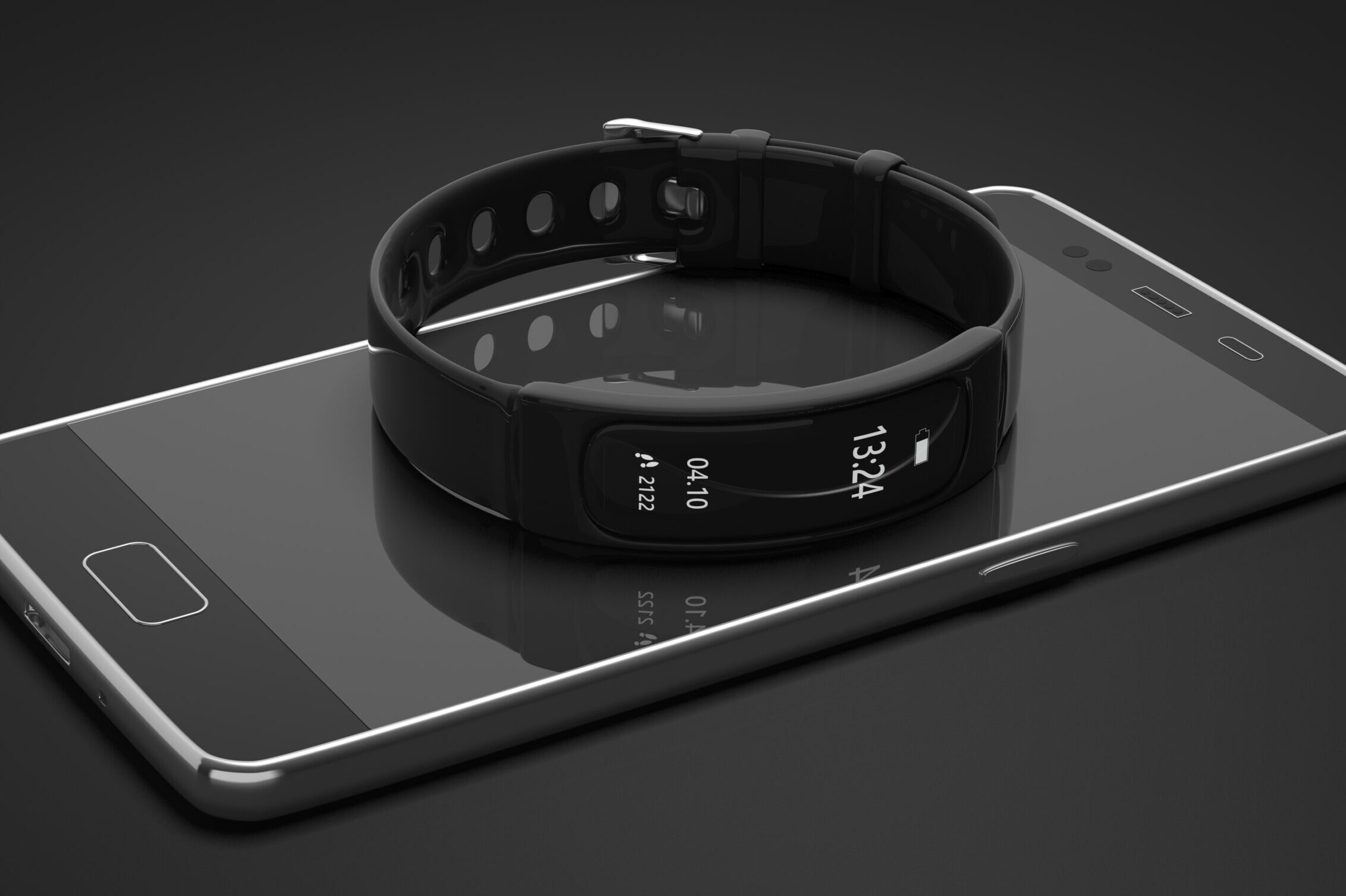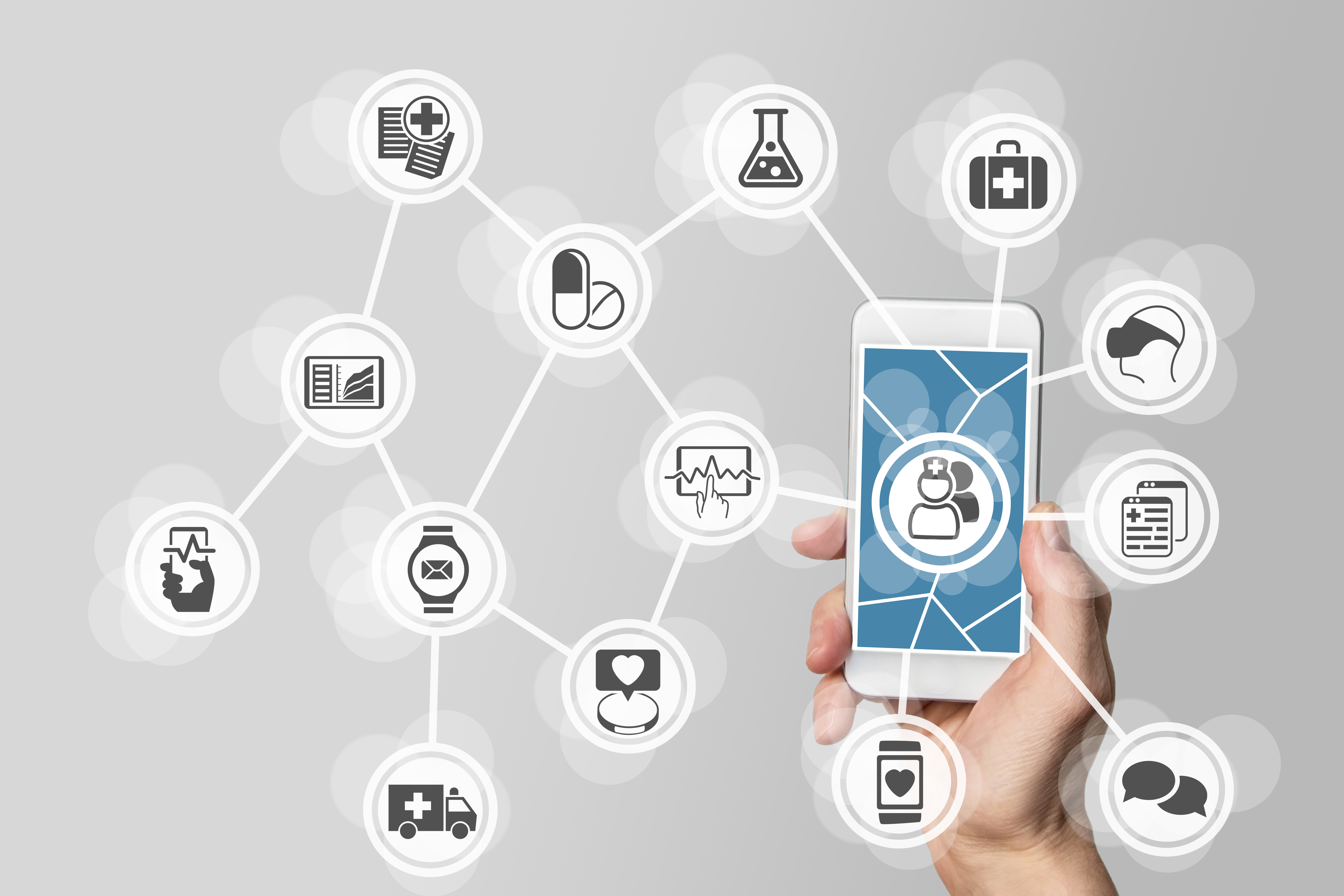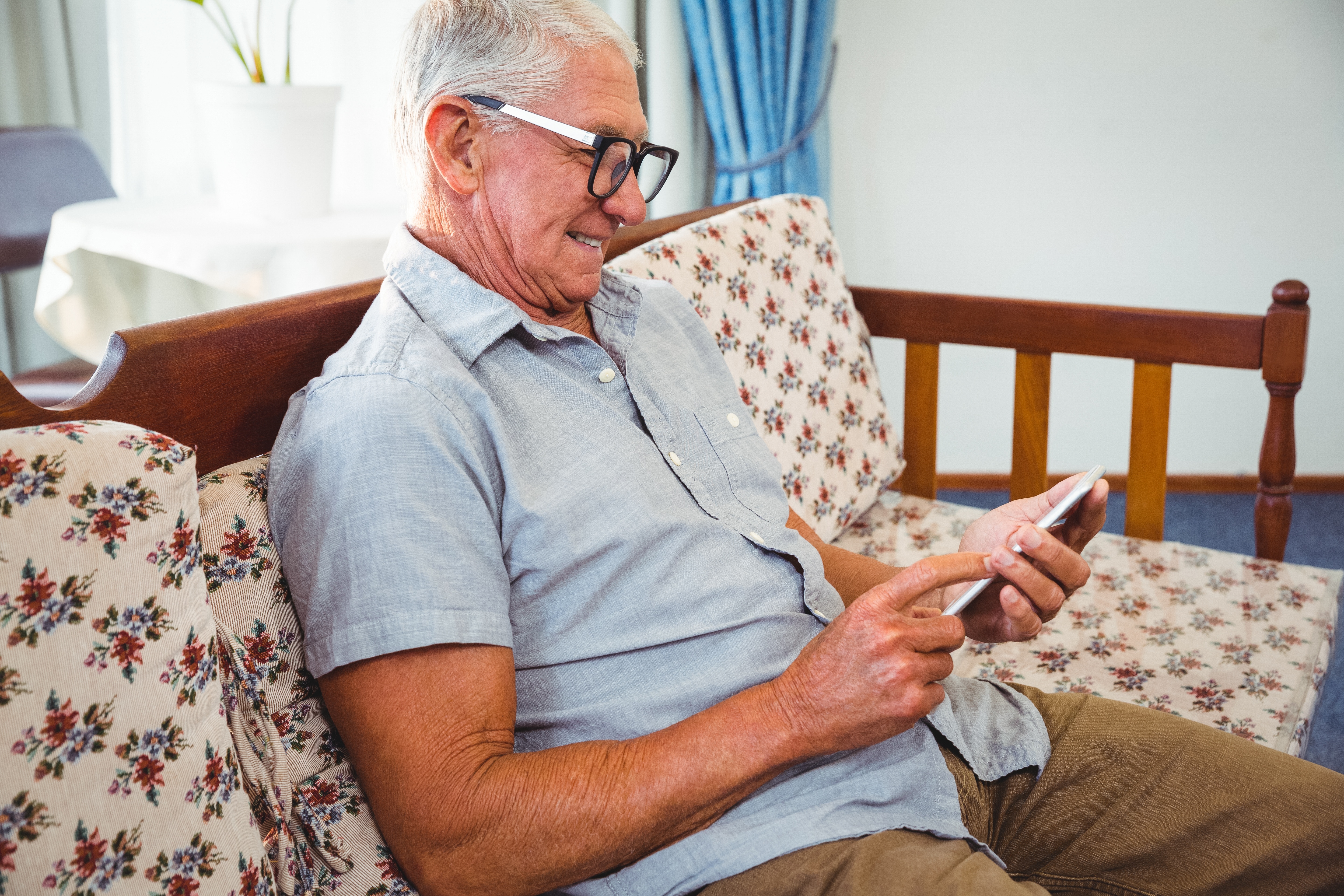
Migraine disproportionately impacts women, and current treatments are not sufficient in mitigating disability. This study seeks to improve understanding of migraine in women by collecting passive sensor data and ecological momentary assessments over 3 months and applying machine learning and clustering techniques to improve prediction of migraine onset and to better individualize treatment.

This study involves comprehensive, in-clinic, assessment of symptoms, treatment history, biomarkers (cytokine/inflammatory markers and hormone related assays), and cognitive function in a sample of post-menopausal women with a diagnosis of major depressive disorder (MDD). After this initial assessment we are using technology-based, intensive longitudinal data streams to understand key features of patients’ disease trajectory during a 6-month interval follow-up period. Monthly phone visits during the 6-month tracking period measure key clinical and functional outcomes, allowing us to build disease trajectory models from technology-based data and validate them against gold-standard clinical and functional data. Comprehensive baseline study visit data will allow us to characterize disease trajectory subgroups on a wide array of symptom history, biological and functional aspects of depression.

Current classifications of bipolar disorder (BD) are insufficiently nuanced and subject to clinician bias and patient self-report complications. We are using objective biobehavioral data on two core clinical features of BD (sleep and motor activity) collected over 6 months and unsupervised machine learning to determine, from an unbiased perspective, new sub-groups based on fine-grained differences in patients’ day-to-day lives both in-episode and between episodes. We will be comprehensively characterizing these subgroups based on subjective (i.e., clinical interview) and objective (i.e., biomarkers and cognitive performance) data collected at baseline and 6 months.

Mobile app mental health interventions are accessible and effective when used at the recommended dose; but when implemented in routine care, patients do not stay engaged long enough to see clinical benefits. This research evaluates what drives patient engagement and tests the impact of two strategies—automated motivational push messaging and coach support—to improve engagement with an evidence-based mobile app intervention for depression and/or anxiety. Findings will lay the foundation for a program of research focused on optimizing mobile app interventions for engagement and effectiveness.

The LAUNCH program will use human-centered design methodologies to identify the needs of patients, caregivers and healthcare providers. The program will use these insights to develop and deliver a connected solution for patients to be able to better manage their cancer symptoms. While the project will initially be focused on underserved populations in rural, Appalachian Kentucky, the goal is for it to serve as a model for future symptom management projects across the nation.

This is a randomized controlled trial funded by NIMH evaluating Cogito Corporation’s mobile sensing platform, “Companion Dashboard”, in a Patient-Centered Medical Home (PCMH) with co-located behavioral health services. The technology approach combined a patient-facing smartphone app and the clinicians receive a dashboard display of patient-generated health data, which are collected via sensors embedded in the smartphone.

This project evaluates a technology-enabled resiliency enhancement program that was provided to commercially insured members of Blue Cross and Blue Shield of Massachusetts (BCBSMA). The program was offered to members with co-morbid medical and behavioral health conditions and involved access to a web portal and web app that guided them through program content. The program also offered telephonic, nurse coaching for self-management support.
